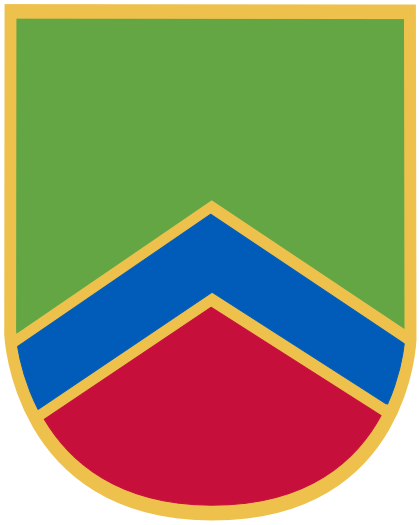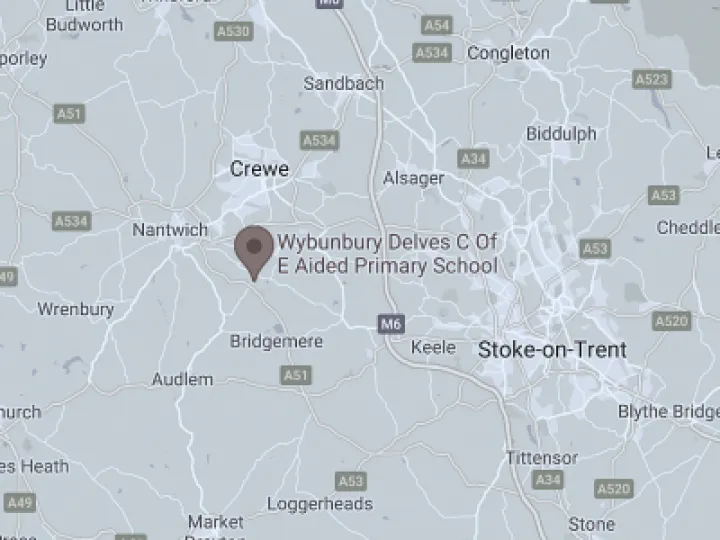Y6 News of the Week
In Maths this week we have completed our unit on decimals. We ensured our knowledge of dividing was secure and assessed our understanding by completing reasoning questions and discussing our chosen methods. We have begun to think about percentages as this will be our next unit. We also completed a times tables test against the clock.
In English this week we have completed our unit on descriptive writing. Our time has been spent on analysing the first chapter of our class text Wolf Brother. We have considered the vocabulary used and boxed up our planning ideas. We have revisited our toolkit and considered our individual targets from our shared writing. We have then completed our independent write and we will edit them fully next week.
During Book Club this week we have all taken part in an assessed read. We will discuss the results next week. We have completed our comprehension focus today and we will use these skills to apply to further questions.
We have continued with our new Science unit this week, Evolution, Adaptation and Inheritance. Many thanks for all your completed inheritance photos they were used today in our lesson as we tried to spot each other's inherited characteristics. We then moved our learning on to adaptation and what this term means. We completed an activity to embed our learning by matching the correct living thing to its habitat and adapted characteristics. We can talk about how each living thing must adapt to survive and reproduce.
Our History unit continued this week as we began to investigate Stone Age settlements in Britain. We found out that as Stone Age people gathered wheat and began to understand its uses, they were able to remain in one location, rather than their usual nomadic lifestyle. We used known settlement names to plot onto our maps. We spotted that many of these locations were named after caves and caverns.
Our Geography unit began this week. We considered the question, how can weathering change our landscape over time? We know that planet earth looked very different during the Stone Age times, but how have these changes taken place? We thought about ice and acidic rain and how these affect rock formations. We then went on to consider the British coastline and began to identify key physical features including: beaches, stacks, stumps, caves, bays, cliffs, and dunes. We used photos to consider these features and discussed in detail.
Music continued this week as we listened to the notes being played on our glockenspiels. We noticed that at times we are ahead of the music. We will be concentrating on this next week.
We led Friday worship today and we have also enjoyed our school disco and of course some of us sang our hearts out at Young Voices 2020 at the MEN arena. We have all worked extremely hard this week and I am very proud of you.
New homework has been set. This includes: Spag online tasks (1), TT Rock Stars practice and regular reading aloud. We have visited Spag.com to discuss terminology and celebrated 100% completion of each activity set this year! Amazing effort Y6. Thank you for supporting your children at home and thank you Y6 for using my homework club too.
Have a fab weekend.
Mrs B.
Quick Links
Contact Us
office@wybunburydelves.co.uk
01270 841302
Wybunbury Delves
Bridge Street
Wybunbury
Nantwich
CW5 7NE

